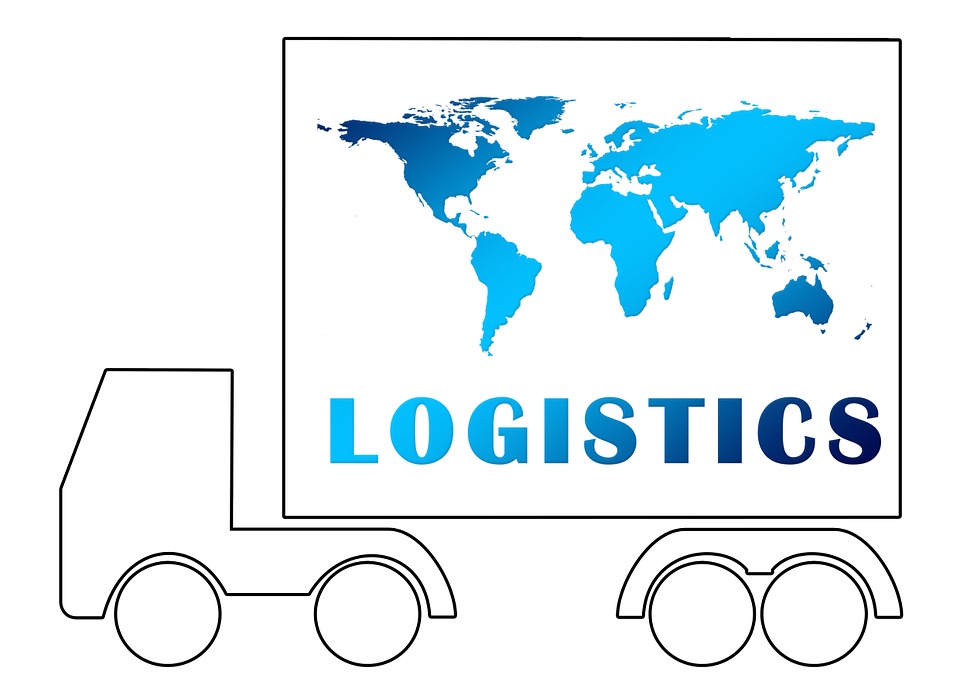Lets work together



Suite 3A, Chapel Allerton House, 114 Harrogate Road, Leeds, LS7 4NY
ukinfo@integrated-skills.com
+44 (0) 3300 888 670

Businesses that manufacture products need a way to transport those products in a way that meets delivery deadlines and at the same time ensures that the company stays within its operational budget. This task is vital to the profitability of a business, but transportation of goods is not always at the top of the priority list.
Managing the logistics of delivery can either be an in-house operation with a fleet of vehicles or outsourced to third parties, often called third party logistics suppliers abbreviated to ‘3PL’. How can you be sure that you’re partnering with the right one when so many providers offer the same services?
Your needs
Choosing the correct supplier isn’t just about the cost per mile. The relationship with the 3PL is important especially when there are delays in the supply chain and/or manufacturing process and you need to quickly adapt the logistics of delivery. What software they use and whether it allows you to view the GPS trail of a vehicle, and the record of delivery from handheld terminals is another factor. Another factor that may affect your choice is the environmental credentials of the 3PL, and the type of vehicles they use. Granted, these are basic points to consider but they will get you started in identifying your needs.
Understanding the supplier-business relationship
You know your company’s logistics inside and out. Understanding how your relationship with a supplier will benefit your business, however, is critical. It may be that you need the assistance of someone outside your organisation to help you understand these advantages. If choosing to go down this route, it will be important to choose someone with lots of logistics knowledge across a wide range of providers.
Non-Disclosure and fiscal stability
Once you’ve chosen your provider, it’s vital to have a non-disclosure agreement (NDA) in place. This agreement should be mutual and implemented before you develop your value proposition.
Following this, it’s imperative to ensure that the logistics provider you’ve chosen has proven their financial stability. Doing this will keep your business running as you and your customer expect. Stability also includes payment history, which can be confirmed by requesting their list of partners and contacting them.
Track record, references and sales impact
A list of reliable and long-term clients will reveal a provider’s continued reliability and efficiency, and the more of these they have, the better. A list of referees with nothing but good things to say is a good indicator of a provider that’s well-suited to you. Similarly, the provider you’re considering should also be able to show their impact on client sales.
Can they offer scalability?
The ability of the 3PL to offer scalability will have a direct impact on your supply chain’s efficiency. Their ability to quickly scale up or down when demand for your products increases or decreases will speak volumes about their scalability. The best provider for you will be one who has already experienced these business ups and downs with their other clients, and it is reflected in the payment terms and contract.
When all of the above points have been addressed and your new provider relationship begins to gather momentum, the most important thing will be to communicate frequently. Not doing so can breed doubt about the partnership, which can ultimately cause slow-downs in your supply chain and result in unhappy customers. Once everyone has settled in with the new partnership, your communications may not need to occur as frequently.
Would you like to know more about Identifying The Right 3PL For Your Needs? Fill in your details below and let us know how we can help.
Website Designed & Built by we are CODA